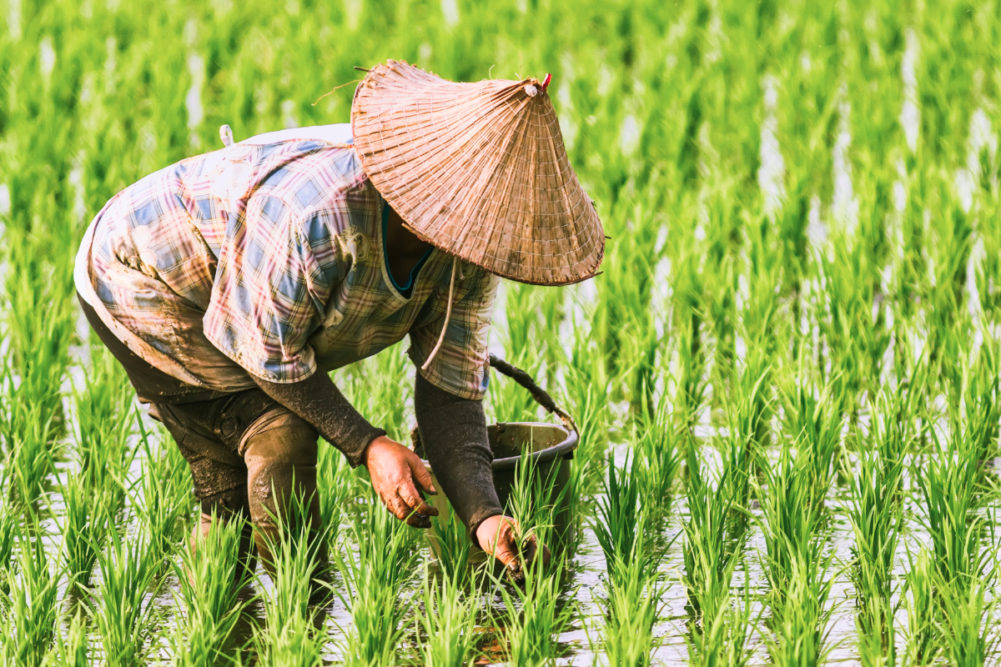NEW DELHI, INDIA — Seeking to reduce water usage and labor costs, India on Sept. 29 announced the launching of several new high-yielding crop varieties, Reuters reported.
India, the world’s leading rice exporter and second-ranked producer of the crop, now has a herbicide-tolerant variety of rice that can be directly planted into the soil.
The conventional method of rice cultivation requires farmers to sow seeds in nurseries and then wait for 20 to 30 days before manually transplanting the seedlings into plantation fields that are ankle-deep in water. Farmers using the new varieties will only need to irrigate the field once before planting.
The new varieties could reduce water usage by up to 60%, Reuters reported, citing government officials and farmers.
With 20% of the world’s population, India has only 4% of the world’s water, but the country is the largest extractor of groundwater, with 90% used for agriculture. A 2017 study predicted that Punjab, the nation’s largest grain-producing region, would exhaust its groundwater supply by 2039.
“Our focus is very high on more nutritious seeds than can be adopted to new conditions, especially changing climates,” India Prime Minister Nerendra Modi told Reuters.
The new rice seed was developed by the state-run Indian Agricultural Research Institute. According to the Institute, the new rice varieties contain a gene that allows farmers to use an inexpensive herbicide that will be safe for the rice plants while killing weeds.






